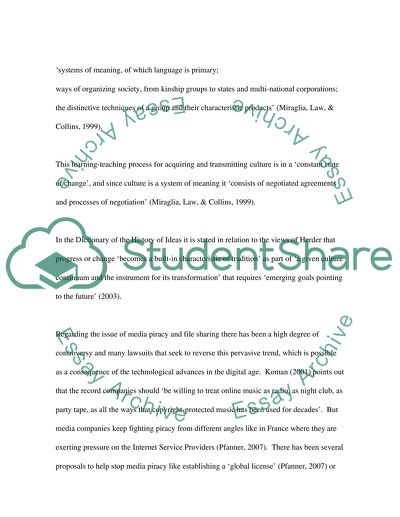Cite this document
(Global Media - Markets, Flows, and Cultures Assignment, n.d.)
Global Media - Markets, Flows, and Cultures Assignment. Retrieved from https://studentshare.org/media/1516543-global-media-research-essay
Global Media - Markets, Flows, and Cultures Assignment. Retrieved from https://studentshare.org/media/1516543-global-media-research-essay
(Global Media - Markets, Flows, and Cultures Assignment)
Global Media - Markets, Flows, and Cultures Assignment. https://studentshare.org/media/1516543-global-media-research-essay.
Global Media - Markets, Flows, and Cultures Assignment. https://studentshare.org/media/1516543-global-media-research-essay.
“Global Media - Markets, Flows, and Cultures Assignment”, n.d. https://studentshare.org/media/1516543-global-media-research-essay.


